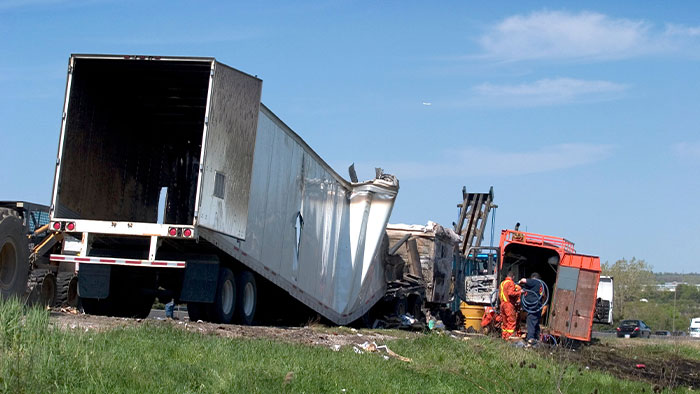
A collision with a commercial truck can inflict significant damage to your car along with serious injuries. As with many other states, New Jersey has legal principles that determine how much compensation you could receive after a truck accident.
An important concept that comes into play is the comparative fault rule. This standard determines how to assign liability if both parties share some degree of responsibility for a collision.
Comparative fault in truck crashes
Instead of one party getting all the blame for an accident, comparative fault takes the actions of all involved parties into account. After evaluating the level of fault for each party, a court will award compensation accordingly.
When it comes to truck accidents, comparative fault could divide blame between a trucking company and the other driver involved in the crash. Moreover, Forbes explains that under the modified comparative fault laws of states like New Jersey, you may lose out on compensation entirely if you are more than 50% responsible for the accident.
Methods of determining responsibility
Trucking companies can employ highly-skilled insurance adjusters and other professionals to try to deflect as much blame as possible, so it is crucial to know how to establish fault. Witness accounts and a police report may describe what happened to cause the crash, plus many commercial trucks use cameras to record truck driver activity and the outside road.
Truck collisions can be legally complex. Even the comparative fault rule, though apparently straightforward, can vary based on the specifics of the case. Every detail you present to support your case could make the difference in figuring out your amount of compensation while determining how much blame the other party should receive.
